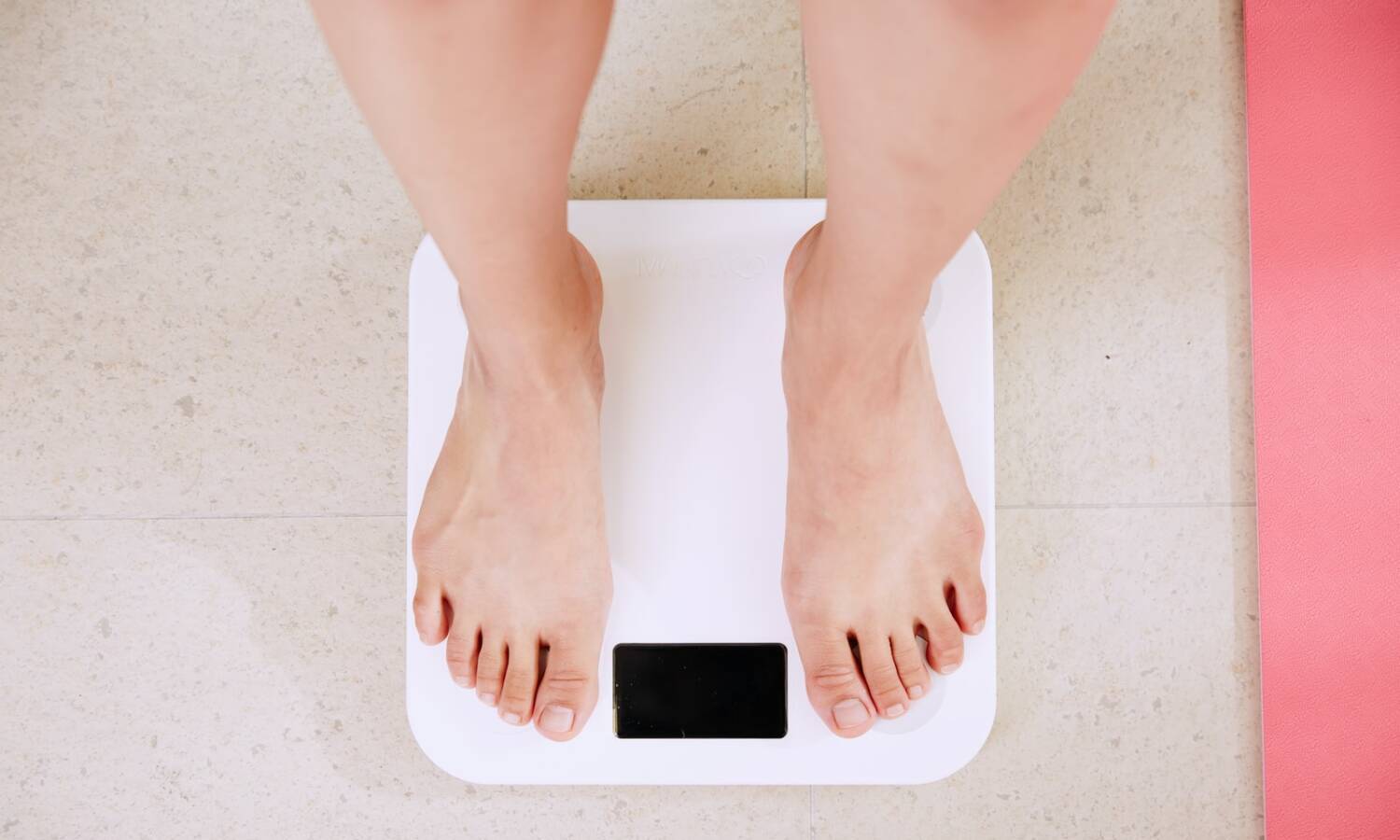
Study: Cannabis lowers your BMI and fights inflammation in the human body
This article originally appeared on Cannabis.net and has been republished with permission.
The anti-inflammatory properties of cannabis have been known for many years. Scientists understood that compounds in the cannabis plant helped humans (and animals) heal from disorders caused by inflammation, which is also linked to obesity. This is important because chronic inflammation is responsible for half of all deaths worldwide.
For these reasons, people are told by doctors that they should lose weight for their health. It’s much more than just obesity or for aesthetic reasons. Obesity is linked to type 2 diabetes, heart disease, cancer and stroke. Meanwhile, systemic inflammation can cause other deadly diseases, including cardiovascular disease, autoimmune diseases, diabetes, and neurodegenerative diseases.
Photo by Hüttenhoelscher/Getty Images
But exactly how obesity triggers inflammation in the body is relatively uncertain, although it appears to be related to an immune response. Scientists know that more weight means the body has more inflammation, and losing weight means less inflammation.
Now, a new study shows that our body mass index (BMI) actually plays a role in cannabis’ anti-inflammatory effects.
The researchers wanted to analyze the pathways that link systemic inflammation to cannabis use. They examined the experiences of 712 minority youth, including their birth-assigned sex and gender. Subjects underwent 6 semi-annual visits during which their substance use was analyzed, their BMI measured, and plasma samples collected during their last visit.
“BMI may be partially responsible for the apparent anti-inflammatory effects of cannabis use,” the authors wrote.
They found that all tested covariates except BMI gave a higher cumulative test score for identifying cannabis use disorders. It has been linked to a reduced presence of C-reactive protein, such as reduced interleukin-6. Both are known biomarkers of systemic inflammation.
RELATED: If Inflammation Causes Obesity, Can Cannabis Help Break the Cycle?
“These associations were weakened when BMI was added to the model,” the authors write. “This study suggests that BMI may partially explain the anti-inflammatory effects of cannabis.”
“Exploring the mechanisms linking cannabis use, obesity (defined as severe or morbid obesity), and inflammation may uncover promising targets for intervention,” the authors suggested.
 Photo by Rostislav_Sedlacek/Getty Images
Photo by Rostislav_Sedlacek/Getty Images
other studies
While cannabis use has been linked to the infamous “munchies,” science says otherwise: It appears that cannabis users tend to have a lower body mass index, meaning they’re less likely to be obese or overweight, and thus at lower risk go into inflammatory diseases.
A study conducted by researchers at Michigan State University (MSU) wanted to investigate whether regular cannabis users actually tend to gain more weight. The study, led by Omayma Alshaarawy, Ph.D., assistant professor of family medicine at MSU, involved examining data from the National Epidemiological Survey on Alcohol and Related Conditions (NESARC). NESARC included approximately 33,000 US participants ages 18 and older who were assigned to conduct interviews on their BMI and cannabis use from 2001 to 2005.
At the end of the study period, they found that 77% of the participants had never used cannabis, 18% had quit, 3% had just started, while 2% were considered “consistent users”.
RELATED: Why you should incorporate marijuana in fighting obesity
Results showed that cannabis users were less likely to be overweight or obese. “Over a 3-year period, all participants showed weight gain, but interestingly, those who used marijuana had less weight gain compared to those who never used it,” reports the lead author. According to Alshaarawy, the results were surprising since cannabis is a well-known appetite stimulant. “Our study builds on accumulating evidence that this opposite effect is occurring,” she explained.
In addition, a lower BMI was found in both persistent and new users. “We found that users, even those just starting out, were more likely to be at a normal, healthier weight and to maintain that weight… Only 15% of persistent users were classified as obese compared to 20% of non-users,” she adds .
 Photo by TeroVesalainen via Pixabay
Photo by TeroVesalainen via Pixabay
The results also explain that although the BMI differences between non-users and users were not significant, it is still enough for the researchers to find a pattern across the sample size. “An average difference of 2 pounds doesn’t seem like much, but we found it in more than 30,000 people with all kinds of behaviors and still got this result,” she said.
However, we should note that the study was rather observational and they do not infer causality. “It could be something that’s more behavioral, like someone becoming more conscious of their food intake if they’re worried about cannabis cravings and gaining weight,” she explained. “Or it could be the cannabis itself that can alter the response of certain cells or receptors in the body and ultimately affect weight gain. More research needs to be done,” they concluded.
Conclusion
Using cannabis as part of a healthy lifestyle and diet for weight loss is a great, natural way to keep inflammation at bay. Stay away from flammable foods like refined carbohydrates, fried foods, sugar and soda.
Remember that obesity, like any other medical condition, is treated medically as it leads to other chronic conditions. Make sure you get regular exercise and eat more whole, unprocessed foods. In addition, getting enough sleep is also an important way to reduce inflammation and keep your weight at a healthy level.
If you’re overweight and want to use cannabis as part of your holistic approach, it’s best to speak to a cannabis-friendly doctor to find out which products will work best for you.
This article originally appeared on Cannabis.net and has been republished with permission.

Post a comment: